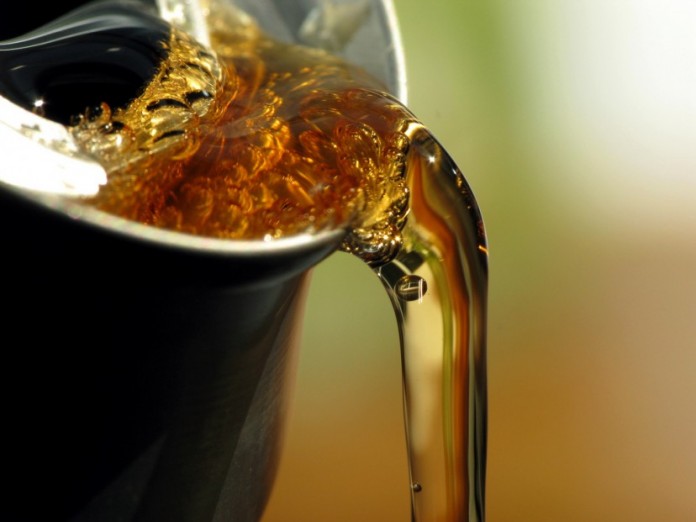Diet sodas are often marketed as healthier alternatives to regular, full-calorie sodas.
As we all know, excess calories can lead to obesity, which can cause a host of other health problems.
By replacing the sugar in regular soda with artificial sweeteners such as aspartame and sucralose, soda drinkers can avoid the calories that they would typically get in regular soda.
So, does that make the diet drinks healthier? No, not really.
Not only is there zero nutritional value in diet soda, these diet drinks come with their own risks, and many of them are very similar to the risks of drinking regular soda.
Type 2 Diabetes Risk
Several studies, including this one in 2009, have found a link between Type 2 diabetes and diet soda intake.
Experts speculate that this link may be due to artificial sweeteners causing the parts of our body and brain that regulate sugar and metabolism to act differently, which can do damage over time.
As Sharon Fowler, who published a study last year linking diet soda to changes in gut bacteria, was quoted in Forbes, “We have sweetness receptors not just on our tongues but also in our intestines and pancreas. If these sweetness receptors are getting hyper-activated, they may be triggering the release of insulin when the body doesn’t really need it — or failing to trigger it when it does.”
Weight Gain
It may seem counterintuitive, but drinking a diet soda may cause you to consume more calories overall than if you had chosen to drink regular soda.
This 2014 study found the link between diet soda and increased calorie intake.
The author, Sara Bleich, PhD, explained to Time that artificial sweeteners might actually have a stronger effect on reward centers in our brain than regular sugar, which can change the way your other organs react. As she says in the article:
“Another way of thinking about this is that for diet beverage drinkers, the brain’s sweet sensors may no longer provide a reliable gauge of energy consumption. A change in those brain signals might get in the way of appetite control.”
Furthermore, the additional calories after drinking diet drinks instead of full-calorie drinks may also just be an effect of feeling like you can safely eat or drink more because you chose the diet drink over the sugary one.
Forbes quoted food expert Marion Nestle, the author of Food Politics:
“That’s the easiest explanation. There’s not much evidence that diet sodas help people lose weight (except in clinical trials) so it’s not hard to guess that people compensate for them by eating more.”
Additional Risks
Other studies have linked diet soda intake to increased stroke risk and risk for metabolic syndrome, which in turn raises your risk for heart disease, stroke and diabetes.
Diet soda is also just as acidic and harmful to your teeth as regular soda, which can do real damage, especially in the absence of regular dental care.
Many of the studies cited in this post are observational, meaning that participants were asked to volunteer information about their diets and lifestyles, and the correlations were made based on that data. Unlike a clinical study, observational studies can’t prove a direct cause, only a correlation. That means that there’s a chance these health problems aren’t directly caused by diet soda, but by some other factors that people who drink diet soda share (observational studies try to control for those factors, but can’t control for them all).
That said, there’s enough correlation to make everyone think twice about drinking diet soda!
If you’re trying to cut diet soda out of your daily routine, I like this article’s suggestions to replace both the carbonation and the caffeine to make sure your new habits stick. Try adding a splash of fruit juice to soda water, or try drinking green tea for your afternoon pick-me-ups!
—
Photo credits:









